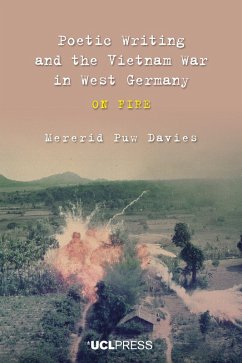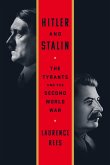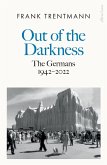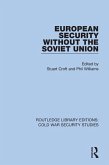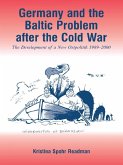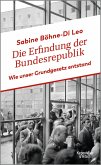In the 1960s and 1970s in the Federal Republic of Germany (FRG), or West Germany, newspaper readers and television viewers were appalled by terrible images of fires burning half a world away. The Vietnam War was a decisive catalyst for the era's wider protest movements and gave rise to an ardent anti-war discourse. This discourse privileged writing in many forms. Within it, poetry and poetic writing were key; and because coverage of the conflict in Vietnam often focused on spectacular, destructive conflagrations ignited by hi-tech machines of war, their dominant trope was fire. Hundreds of poems and related writings about Vietnam circulated in the FRG, yet they are almost entirely forgotten today.
Poetic Writing and the Vietnam War in West Germany uncovers and explores some of this rich production in order to present a new history of engaged poetic writing in the FRG in the 1960s and 1970s, and to draw out distinctive characteristics of wider protest culture. In doing so, it makes the case for attending to marginal, non-canonical or neglected literary and cultural forms, and for critical thinking about why they might, over time, have been obscured. This book offers, too, a case study for reflection on the representation of war, on ways in which German oppositional culture could imagine its others, and the ways in which other voices could speak to it in turn, and on the relationship of poetry to the historical world.
Poetic Writing and the Vietnam War in West Germany uncovers and explores some of this rich production in order to present a new history of engaged poetic writing in the FRG in the 1960s and 1970s, and to draw out distinctive characteristics of wider protest culture. In doing so, it makes the case for attending to marginal, non-canonical or neglected literary and cultural forms, and for critical thinking about why they might, over time, have been obscured. This book offers, too, a case study for reflection on the representation of war, on ways in which German oppositional culture could imagine its others, and the ways in which other voices could speak to it in turn, and on the relationship of poetry to the historical world.
Dieser Download kann aus rechtlichen Gründen nur mit Rechnungsadresse in A, D ausgeliefert werden.

